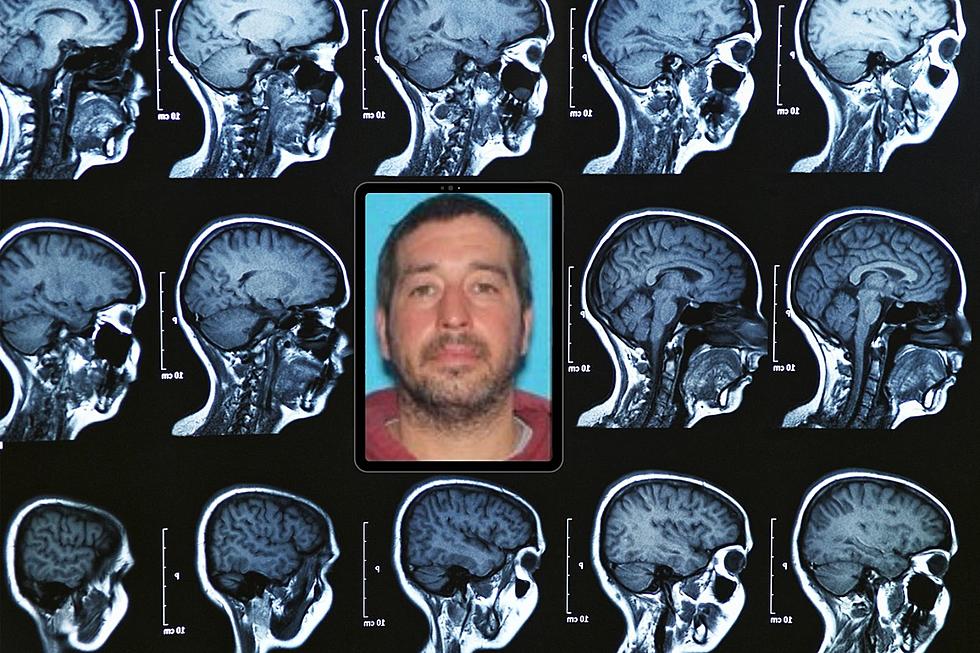
Lewiston Gunman Had Serious Brain Damage Seen Before in Veterans
The report created by an examination of Robert Card's brain suggests his military service may have caused serious brain damage.
Who Was Robert Card?
18 people were killed and 13 injured when Robert Card opened fire at Lewiston's Just-in-Time Recreation bowling alley and Schemengees Bar & Grill on October 25th, 2023. Two days after the shooting and a massive manhunt, Card's body was found in a tractor-trailer in Lewiston where officials say he took his own life.
READ MORE: If You Ever Hear Code Black in a Maine Walmart, Find Shelter
But his death left more questions than answers, including why a man who family members said had lived a quiet life would do such a horrific thing. Family members and people with whom Card had served in the Army Reserves told stories of increased paranoia since he started losing his hearing in 2022, with Card convinced people were calling him a pedophile. He withdrew from his family and refused any help other than hearing aids he had just started wearing.
How Did They Determine Brain Damage?
Maine's Chief Medical Examiner conducted an autopsy and Card's brain was sent off to the C.T.E. Center at Boston University. C.T.E., or Chronic Traumatic Encephalopathy, is caused by repeated head injuries, such as in professional football where players sustain repeated concussions, or in military combat when soldiers are exposed to things like bomb blasts.
The New York Times says the report indicates Robert Card's brain showed 'moderately severe' damage to the white matter that forms the wiring deep in the brain and, in some areas, it was missing altogether. The scan showed a large amount of scarring and inflammation that suggests repeated trauma.
Where Did the Trauma Come From?
But Robert Card never saw combat, which raised questions about where that trauma would have come from. The New York Times says it's believed the trauma may have come from Card's work as a grenade instructor in the Army Reserves, where he was exposed to thousands of grenade blasts. That type of brain damage may explain the voices, paranoia, and anger that potentially led to his actions on that tragic night in Lewiston. His family has released the findings of the brain study in hopes it will support ongoing efforts to learn from this shooting and, hopefully, prevent it from happening somewhere else.
The Scary Stories of 10 Maine Multiple Murderers & Their Victims
Gallery Credit: Cindy Campbell
10 'Secret Spots' Burglars Check First When Invading Maine Homes
25 True Crime Locations: What Do They Look Like Today?
More From WQCB Brewer Maine









